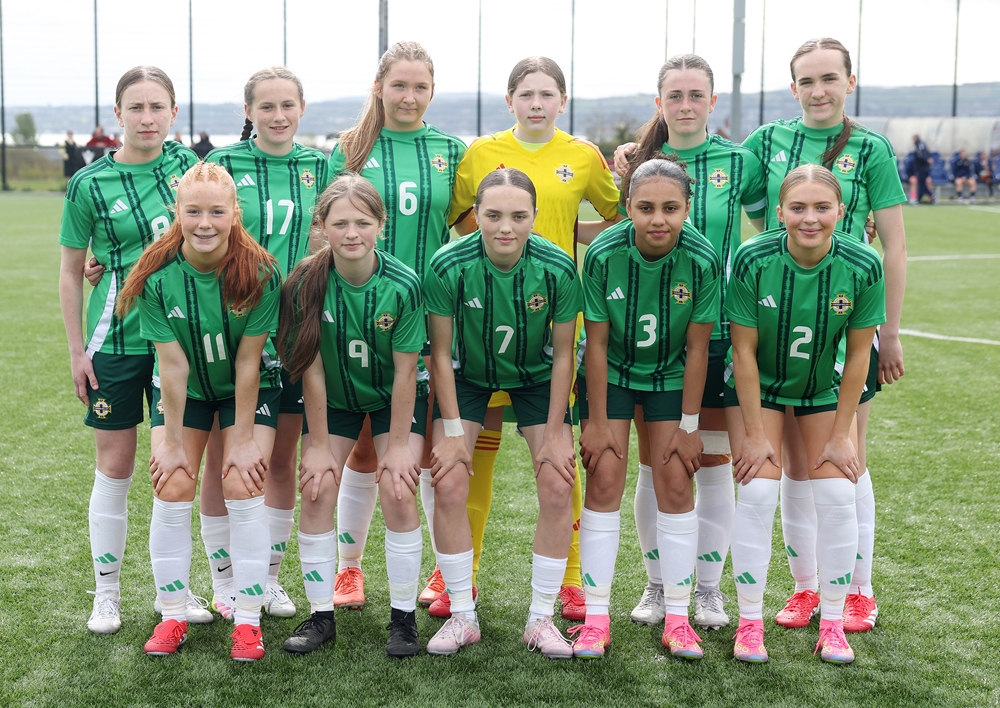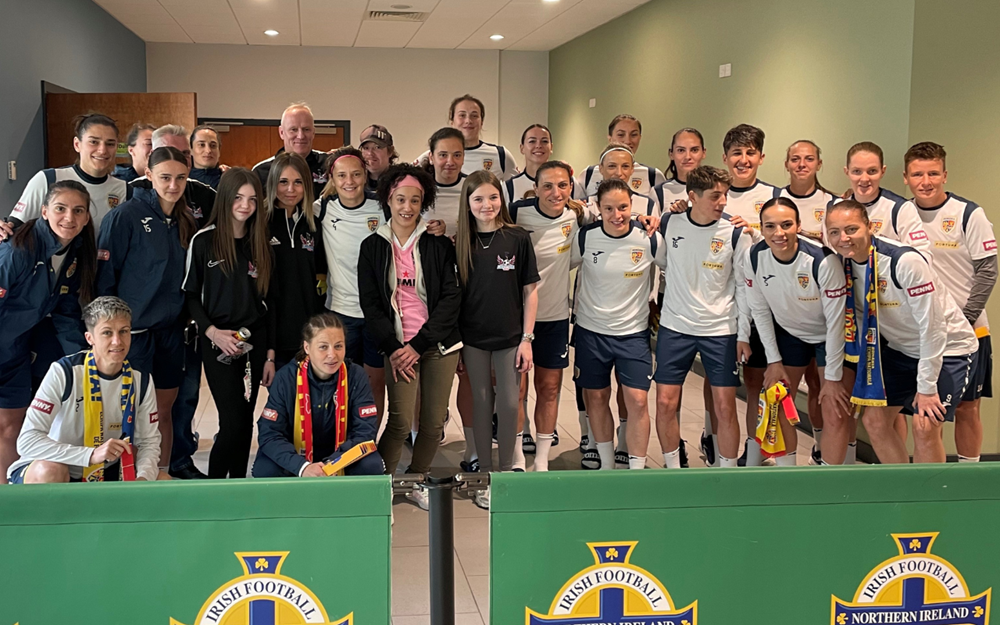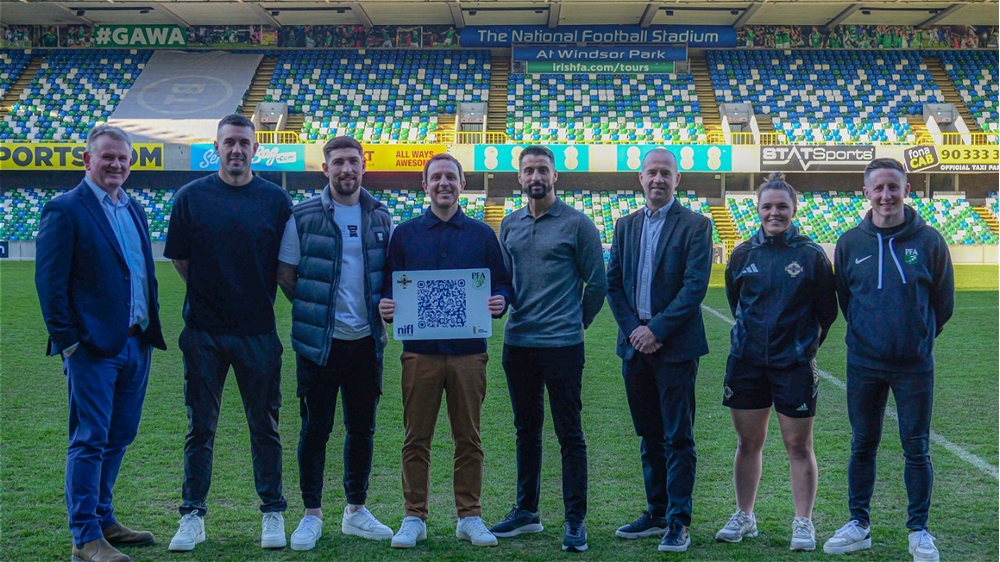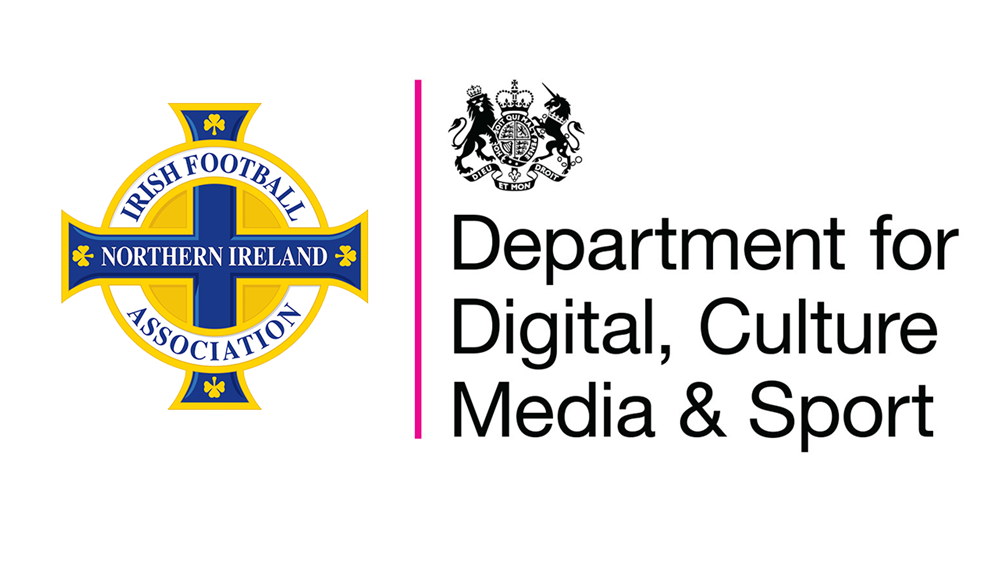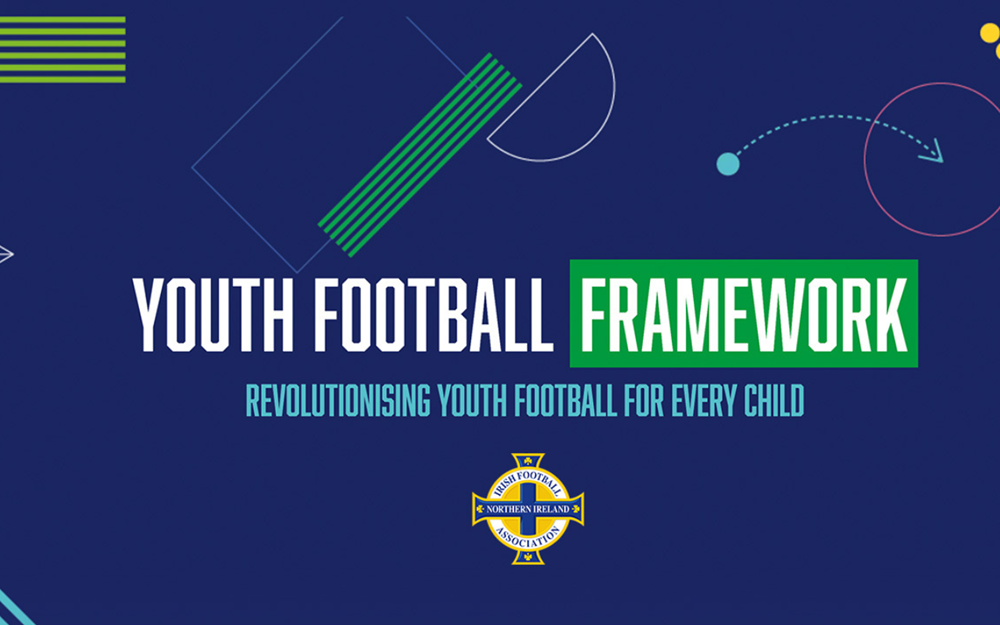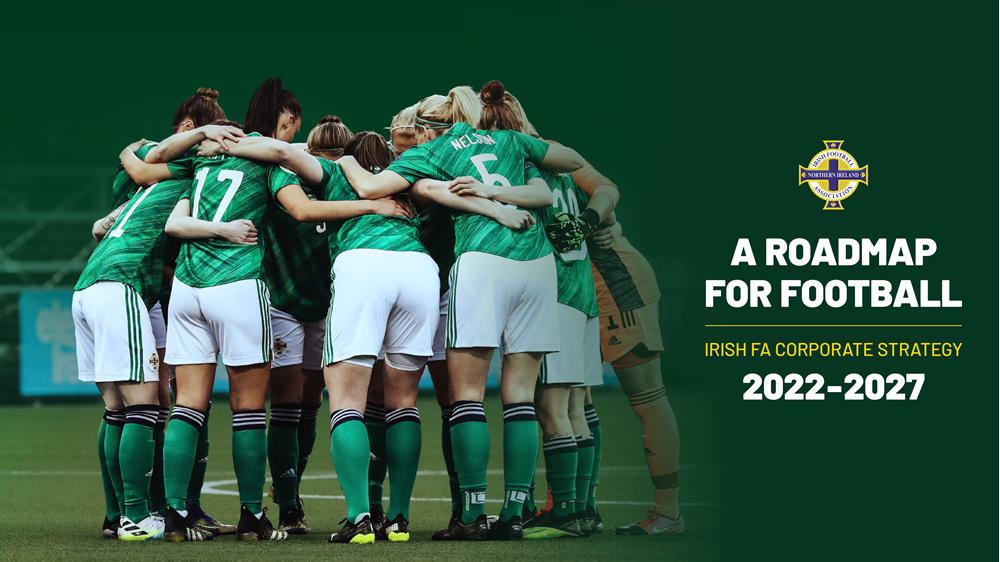
The first full-year review of the Irish Football Association’s corporate strategy for 2022-27 shows the association is making considerable progress on several fronts.
A Roadmap For Football, which was launched last January, features more than 30 strategic objectives and over 100 individual actions covering all aspects and levels of the game across Northern Ireland.
At its core are seven strategic pillars - supported by four enablers - that focus on boosting participation levels, improving performance, corporate social responsibility and sustainability, women’s and girls’ football, improving facilities, generating revenue and engagement.
The review of the first 12 months of the five-year strategy outlines progress being made against the pillars.
In terms of improving performance at international level, the appointment in November of former Northern Ireland captain Aaron Hughes as the association’s first Technical Director will see him focus on the continuous improvement of elite football through the creation of a high performance culture. His role covers men’s and women’s football.
When it comes to player development the Irish FA JD Academy continues to thrive – boosted by the appointment of a Player Care and Education Officer.
A collaboration with Premier League side Leicester City is under way, with scouting and coaching sharing. Academy players and coaches have already visited Seagrave, Leicester’s training ground, and further trips are in the pipeline to both England and to Leicester’s partner club in Belgium, OH Leuven.
The review notes the Irish FA Foundation is currently undergoing a review with relevant stakeholders.
Engagement with external stakeholders is expected to increase significantly with the introduction of a digital communications officer focusing on the Foundation and its activities as well as development teams.
When it comes to generating revenue there has been an increased emphasis on promoting the National Football Stadium at Windsor Park as a conference venue following the appointment of a Conference and Sales Manager.
The Irish Cup has attracted two additional sponsors in Cathedral Eye and Isuzu, both of whom will partner for the next three years, while main sponsor Samuel Gelston’s Irish Whiskey has extended its support for the competition for a further year.
Food kiosks in the stadium are being updated, while discussions have been taking place with external partners on how the food and drink offering in the kiosks can be enhanced.
A strategic goal of the association is to encourage more women and girls to get involved in football - as a player, coach, administrator, referee or in some other way.
Following a successful female-only National Coaching Certificate (Level 1) course in Belfast back in June, which was completed by 16 coaches, a further female-only NCC course was staged in Coleraine in September. It was completed by 20 coaches.
In addition during 2022 seven women completed a female-only UEFA C Licence course, with 14 others waiting for final assessments. And three women completed the UEFA A Licence, while two gained a UEFA B Licence. Applications currently being finalised for submission include one Pro Licence.
Last year’s launch of a new Female Football Leadership Programme was seen as a key part of the association’s CSR work.
The review notes the FFL 2022 programme graduation was held in December at the National Stadium. Twenty women from 13 different clubs completed the course. An elite version of the programme, with six participants, is now under way.
In terms of supporting disability football, work has been ongoing with the association’s Disability Access Officer to set up an inclusivity/accessibility focus group. A separate focus group will be created to cover a wider remit.
For clubs at grassroots level a suite of six e-learning courses, covering a range of topics, were launched at the end of September.
